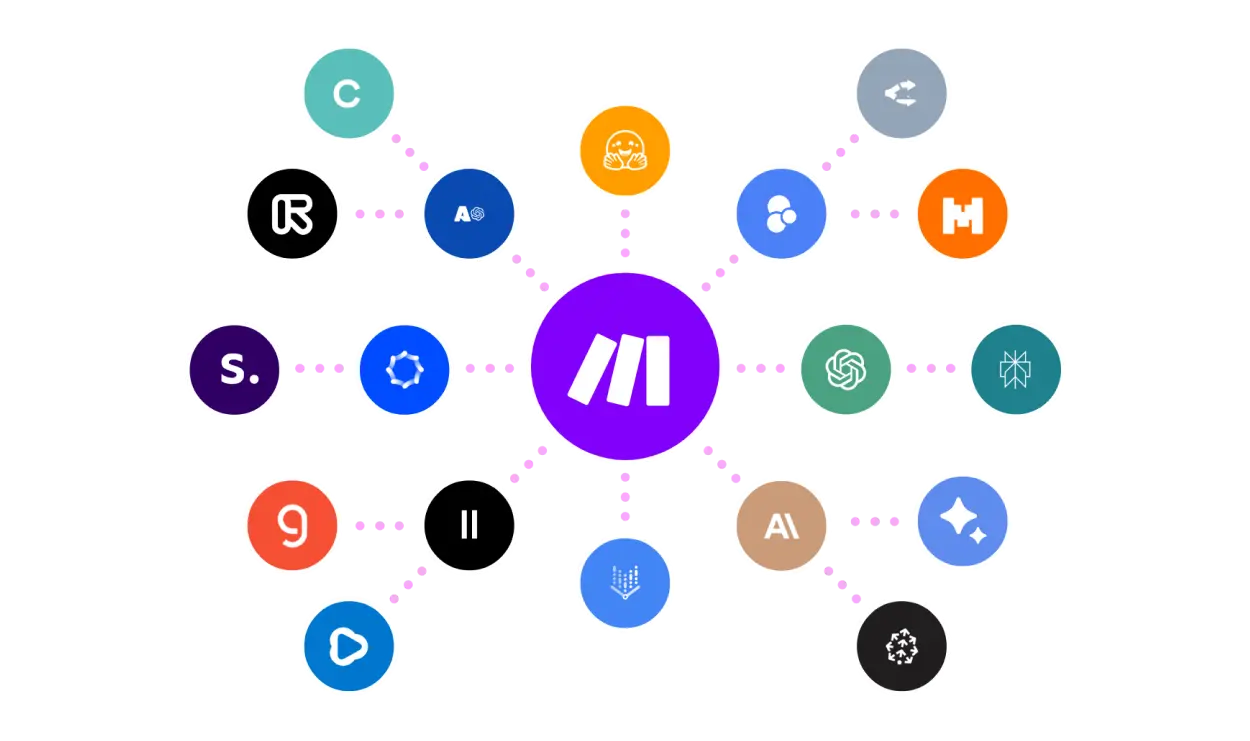What Is SEO and How It Works
In the digital age, understanding what is SEO and how it works is crucial for any online business or content creator. SEO, or Search Engine Optimization, is the practice of enhancing a website’s visibility and ranking on search engines like Google. Its primary goal is to attract organic (unpaid) traffic by making a site more relevant and authoritative in response to user queries. In this guide, we explore the intricacies of SEO and how it effectively functions to boost online presence.
Understanding the Basics of SEO
SEO is not just about stuffing pages with keywords. It revolves around making your site user-friendly, relevant, and informative. Here’s how SEO works:
- Keyword Research: Identifying the terms and phrases potential customers use when searching online is paramount. Tools like Google Keyword Planner can assist in uncovering these valuable keywords.
- On-Page SEO: This involves optimizing individual pages on your site. Key elements include title tags, meta descriptions, and content optimization. Each page should cater to specific target keywords.
- Technical SEO: It focuses on the non-content elements of your website. This includes improving site speed, mobile-friendliness, and ensuring proper indexing and crawlability of your site by search engines.
- Off-Page SEO: Building high-quality backlinks from reputable sites serves as a trust signal to search engines, indicating your site’s authority and credibility.
The Importance of SEO
Knowing what is SEO and how it works underscores its importance in the digital marketing landscape. Here’s why SEO matters:
- Increased Visibility: Higher rankings on search engine results pages improve your site’s visibility, leading to more potential clicks and engagement.
- Cost-Effective: Unlike paid advertising, organic traffic generated through SEO efforts is free and offers long-term benefits.
- Enhanced User Experience: SEO requires optimizing not just for search engines but for user experience as well, improving site usability and overall satisfaction.
- Credibility and Trust: Users tend to trust organic search results more than paid ads, so a good search engine presence builds credibility.
Tools and Resources for SEO
To better understand what is SEO and how it works, leveraging the right tools is essential. Popular tools include:
- Google Analytics for tracking and analyzing website traffic.
- SEMrush for comprehensive SEO insights and competitor analysis.
- Moz for keyword research and link building.
Conclusion
Grasping what is SEO and how it works is a critical component of any digital marketing strategy. By understanding and implementing effective SEO practices, you enhance your website’s visibility, credibility, and user experience, leading to increased traffic and growth. Staying informed and adapting to SEO’s ever-evolving nature is essential for maintaining a competitive edge in the online marketplace. For further reading, consider exploring more detailed resources from reputed sites such as Search Engine Journal and Moz.




